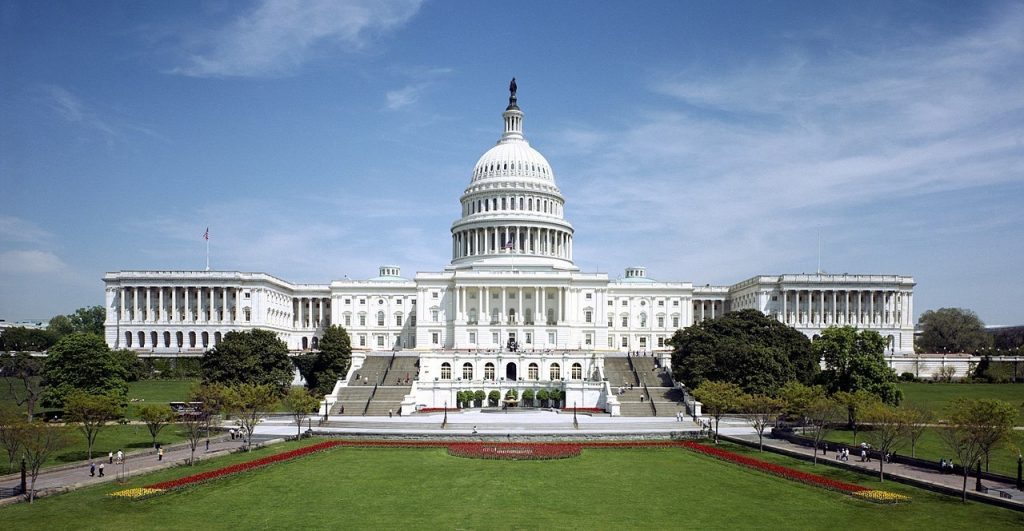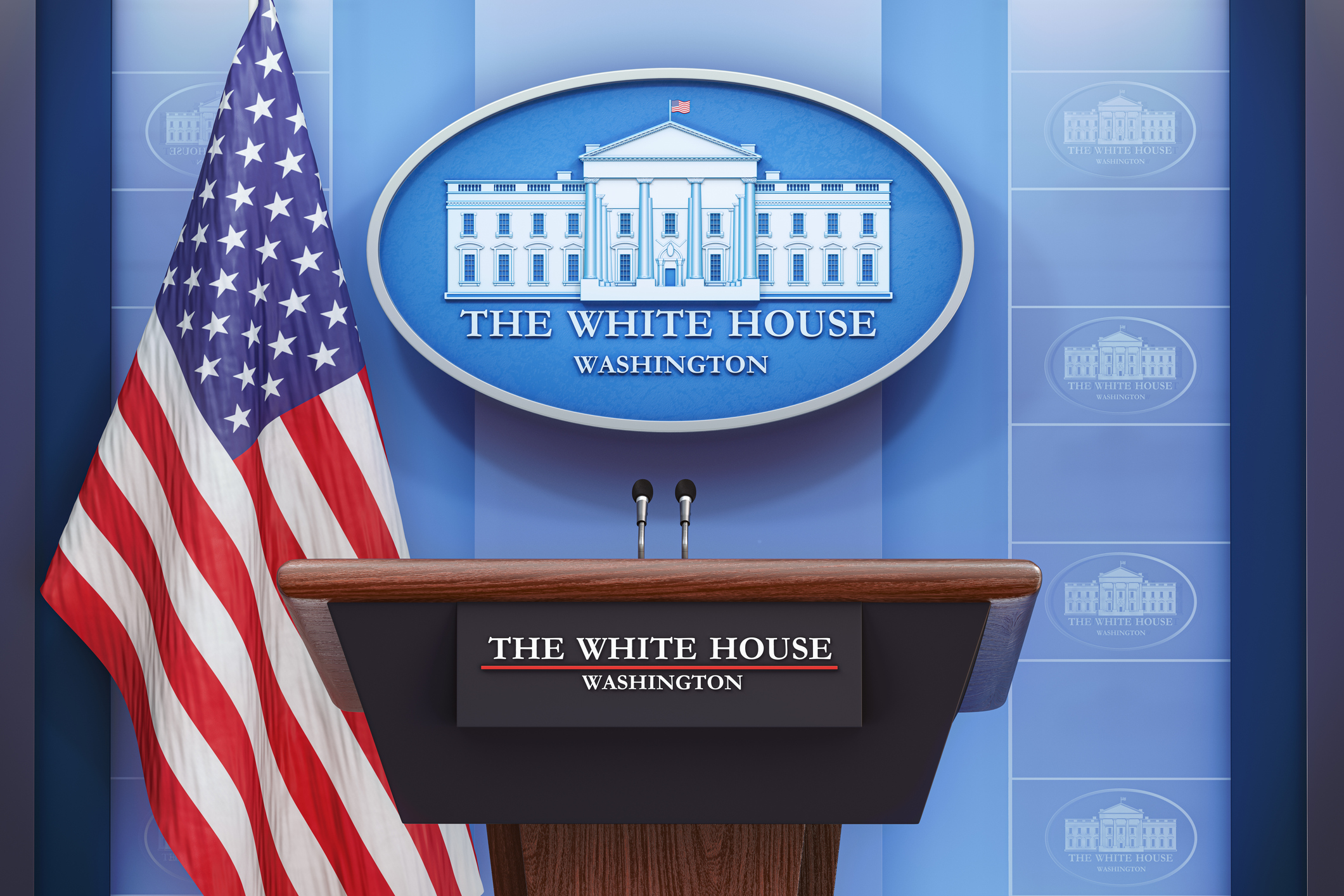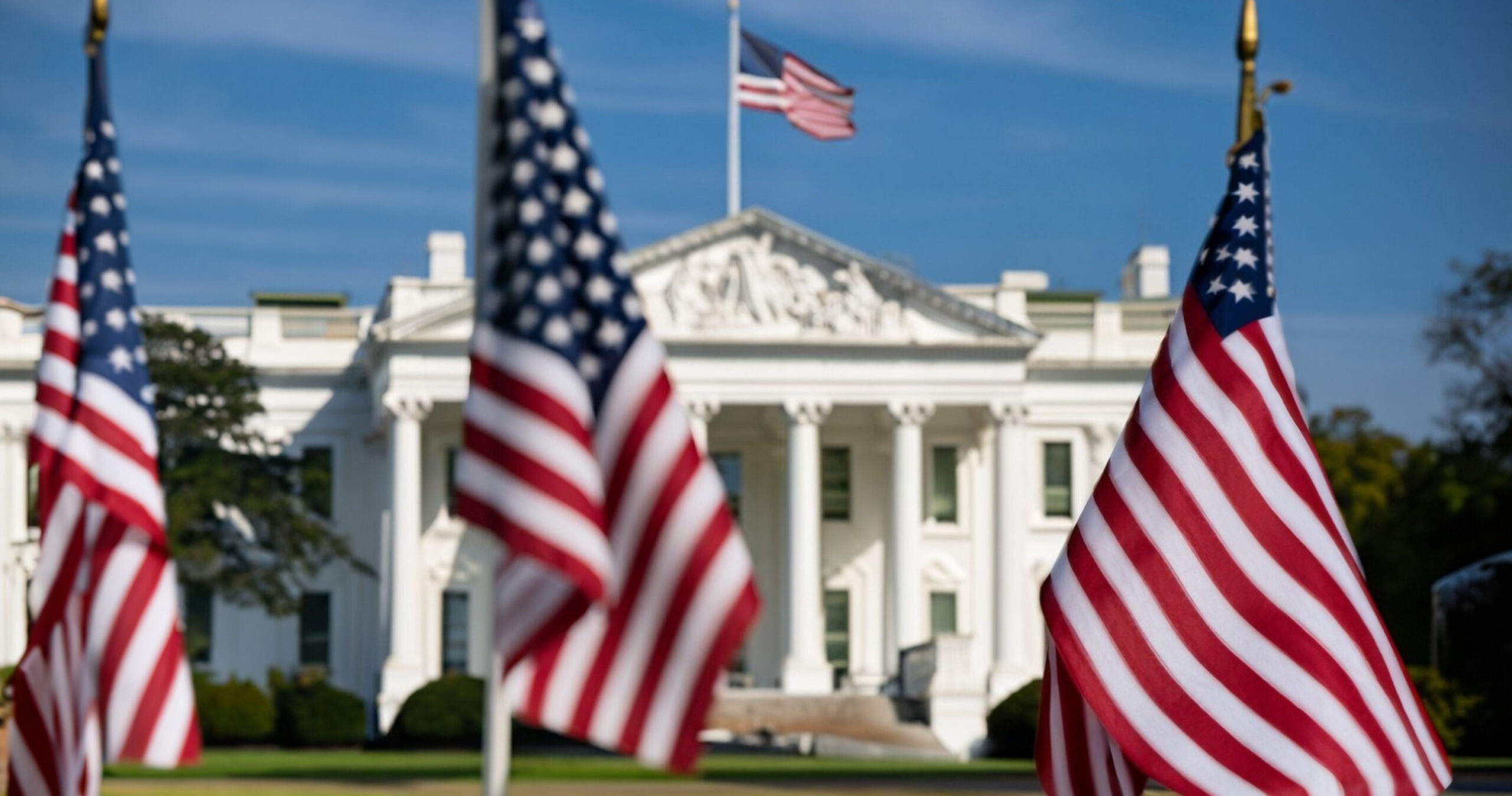
Colleges and investors are asking Congress to set rules for a growing alternative to student loans: financial agreements requiring students to repay schools directly from their earnings over time after graduation. A bipartisan group of lawmakers, citing worries the terms of those pacts could come back to haunt students, is crafting legislation to limit the programs, known as income-share agreements.
The agreements are contracts between students and their school. The school, usually in partnership with private donors, gives the student money for tuition and other expenses. In return, the student repays a percentage of earnings back to the school for a set period of time after graduation. The programs are meant for students who have maxed out their federal loans and grants or are attending a short-term certificate program, which can’t qualify for federal aid. While schools can make a profit on the agreements, they can be a better option for students than private loans.
The need for regulations is growing as more schools start offering income-share agreements. There are about 40 programs in use by colleges and skills-based programs. That’s expected to quadruple to 175 by the end of 2020, with about $500 million in agreements to be originated.
Latest News
Photo credit: iStock.com/Bet_Noire On January 20, 2025, Donald Trump was inaugurated as the 47th President of the United States, marking the beginning of a second term in office. Trump immediately set the tone for the [...]
Photo credit: iStock.com/Naypong The rise of Name, Image, and Likeness (NIL) rights has revolutionized collegiate athletics, empowering student-athletes to monetize their personal brands while maintaining eligibility, something we previously covered in 2023. Since California's groundbreaking [...]
Photo credit: iStock.com/Castle City Creative The U.S. president's cabinet is a cornerstone of the executive branch, serving as the president’s closest advisors and leaders of the federal government’s major departments and agencies. Established through [...]
Photo credit: iStock.com/Funtap As cryptocurrency continues to shape global financial systems, U.S. states are increasingly introducing legislation to regulate its use. From allowing payments in digital currencies to banning cryptocurrency ATMs, state governments are focusing [...]






Stay In Touch